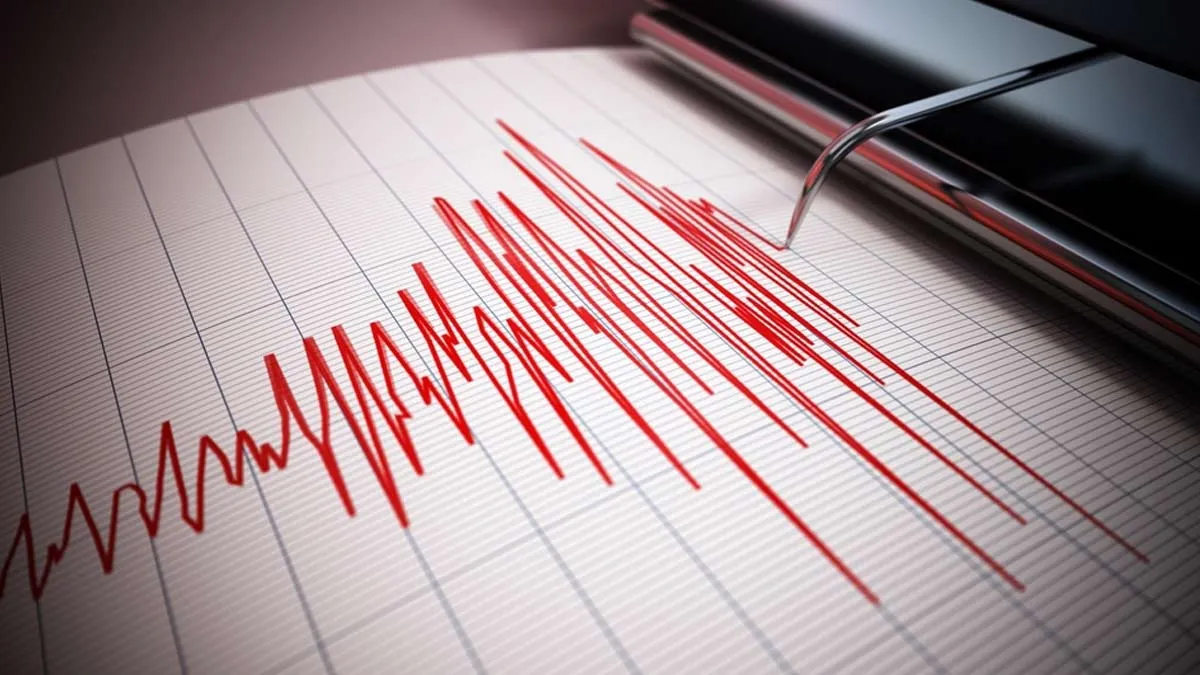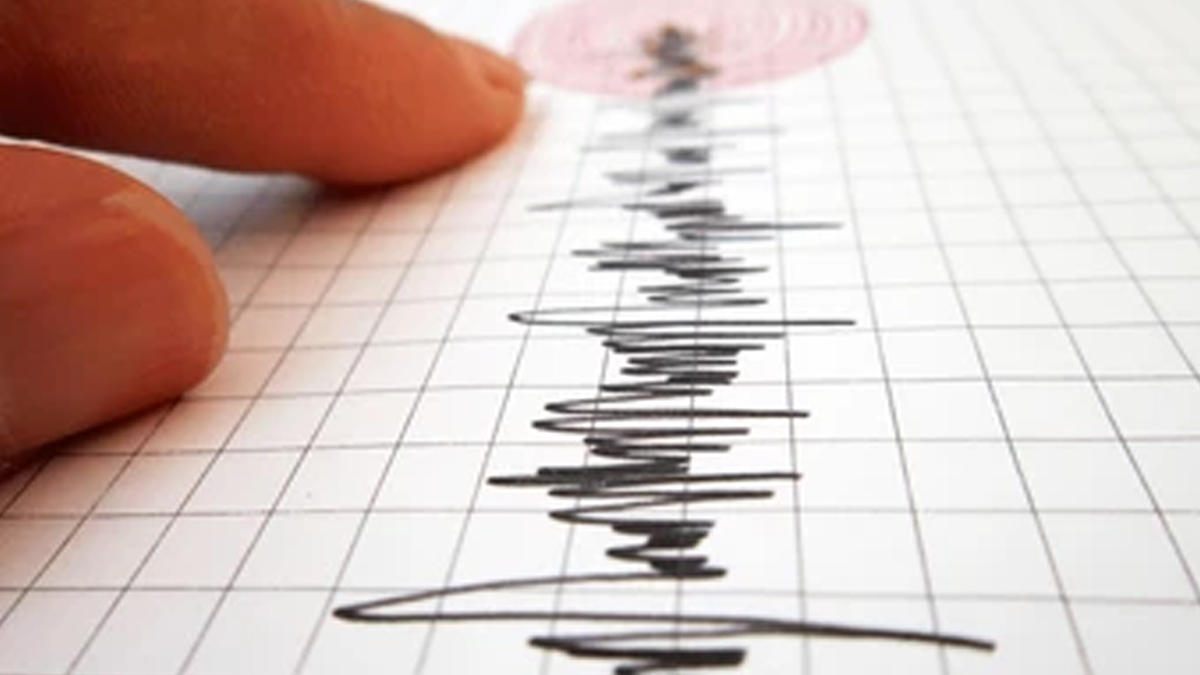
In the early hours of Monday, residents of Delhi NCR were jolted awake by the unsettling tremors of an earthquake. I was deep in sleep, lost in a dream, when suddenly, my bed began to shake. At first, I clung to it, trying to steady myself, taking deep breaths to stay calm. Half-asleep and confused, I grabbed my phone, scouring the internet for news updates. Nothing. No alerts, no reports. That’s when I convinced myself it was just a bad attack of vertigo, making me feel like the world around me was spinning.
Table of Content:-
However, I could hear the dogs in my area bark so loud which indicated that something was off. A moment later, my phone started buzzing with notifications of Twitter (X), news apps, and WhatsApp messages from friends and family asking if I was okay (alive). That’s when reality hit. It wasn’t vertigo. It was an earthquake, a massive one.
My head spun so intensely that I couldn’t even get out of bed to join the crowd gathering downstairs, shaken and worried. Even now, as I type this article, I still feel a lingering dizziness, a reminder of just how unsettling those few moments were.
While no significant damage was reported, the quake left many individuals and myself, experiencing unexpected physical symptoms such as nausea and dizziness. These sensations, though disconcerting, are common during seismic events and can be attributed to the body's intricate balance system and stress responses.

To understand why earthquakes can induce such sensations, we consulted experts in the field. Dr N Sai Samhita, MBBS, General Physician and Telemedicine Consultant, Hyderabad, and Dr Murali Bhaskar M, MBBS, FDM, Medical Advisor and Telemedicine Practitioner, Hyderabad, provided insights into the physiological mechanisms at play during seismic disturbances.
How Earthquakes Affect Your Body’s Balance System
Dr Sai Samhita explains, "The symptoms you're describing are directly related to your body's balance system, particularly your inner ear or vestibular system. During an earthquake, three key mechanisms come into play."
Inner Ear Disruption

The inner ear plays a crucial role in maintaining balance. It contains fluid-filled canals that detect movement and send signals to the brain about body positioning. According to Dr Bhaskar, “When an earthquake shakes the ground, these fluids move abnormally, confusing the brain and leading to dizziness or vertigo.”
Visual-Vestibular Mismatch
Normally, your brain synchronises signals from your inner ear and eyes to maintain balance. However, Dr Samhita says, “During an earthquake, your eyes perceive moving buildings and swaying objects, while your body struggles to stay upright. This sensory conflict, similar to what happens during motion sickness, can cause nausea and dizziness.”
Stress Response and Adrenaline Surge
An earthquake is a sudden, unexpected event that activates the body's fight-or-flight response. Dr Bhaskar explains, "The sudden onset of an earthquake triggers your body's fight-or-flight response, releasing stress hormones like adrenaline. This hormonal surge can intensify feelings of nausea and dizziness."
Also read: Nepal Earthquake:5 Health Risks Faced by Survivors
Why Do Some People Feel Worse Than Others?

Not everyone experiences these symptoms in the same way. Some factors that influence how severely you react to an earthquake include:
Sensitivity to Motion: People prone to motion sickness may feel dizzier during an earthquake.
Anxiety Levels: High-stress individuals may experience a stronger fight-or-flight response.
Inner Ear Health: Those with vestibular disorders may feel prolonged dizziness.
Also read: Why You Feel Lightheaded After Waking Up: Possible Causes
How to Manage Dizziness and Nausea During an Earthquake
If you experience nausea and dizziness during or after an earthquake, follow these medical recommendations from Dr Samhita and Dr Bhaskar:

- Sit or Lie Down: This helps stabilize your body and prevents falls.
- Focus on a Fixed Point: Looking at a stable object can help realign your senses.
- Take Deep Breaths: Slow breathing can calm the nervous system and reduce nausea.
- Wait for Symptoms to Pass: The dizziness should subside once your vestibular system readjusts.
Dr Bhaskar advises, "These symptoms, while unpleasant, are a normal physiological response to abnormal ground movement. However, if you experience prolonged dizziness after an earthquake, please seek medical attention to rule out any other conditions."
Conclusion
Dizziness and nausea during an earthquake are not just psychological responses; they stem from real physiological processes in the body. The inner ear, visual system, and stress response all contribute to these sensations. While the symptoms can be distressing, they are usually temporary and manageable with simple techniques. However, if they persist, seeking medical attention is advised. Understanding these bodily reactions can help individuals stay calm and take necessary precautions the next time an earthquake strikes.
Also watch this video
How we keep this article up to date:
We work with experts and keep a close eye on the latest in health and wellness. Whenever there is a new research or helpful information, we update our articles with accurate and useful advice.
Current Version
